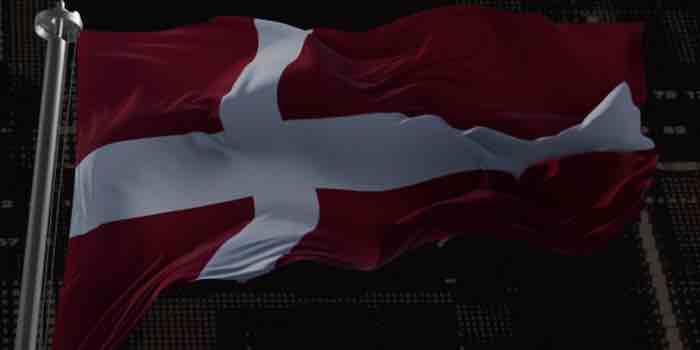By Fraser Institute ——Bio and Archives--October 27, 2023
Canadian News, Politics | CFP Comments | Reader Friendly | Subscribe | Email Us

VANCOUVER—Despite common misperceptions, middle-class workers in Denmark pay relatively high taxes for Denmark’s large government, notes a new book published today by the Fraser Institute, an independent, non-partisan Canadian public policy think-tank.
“Foreign admirers, particularly social democrats, often point to Denmark as a policy model but few seem to appreciate who actually pays for the country’s large welfare state,” said noted Danish economist Lars Christensen, co-author of The Free Enterprise Welfare State: A History of Denmark’s Unique Economic Model.
Indeed, Denmark has a large welfare state paid for by some of the highest personal income and consumption taxes in the industrialized world.
For example, when they buy goods (e.g. groceries) and services, Danes pay a 25 per cent value-added tax (VAT), similar to Canada’s GST, which is the second-highest among high-income countries.
And Denmark’s top personal income tax rate (57 per cent), which is among the highest in the world, kicks in at a comparatively low level of income—roughly US$92,000 compared to US$177,000 in Canada and US$536,000 in the United States. In other words, it’s not just wealthy Danes who pay the top personal income tax rate.
“Average Danes pay the price for their large government sector,” said Matthew Mitchell, book co-editor and senior fellow at the Fraser Institute.
“When considering Danish-style government, policymakers in Canada should understand the implications for taxpayers,” said Steven Globerman, book co-editor and senior fellow at the Fraser Institute.
Finally, according to polling data released in 2023, Canadians overwhelmingly reject higher personal income taxes for the middle class and a higher GST to finance higher levels of government spending.
This book (accompanied by a website) is part of the Fraser Institute’s Realities of Socialism series.
Media Contact:
To arrange media interviews or for more information, please contact:
Mark Hasiuk, Fraser Institute
604-688-0221 ext. 517
mark.hasiuk@fraserinstitute.org
View Comments
The Fraser Institute is an independent Canadian public policy research and educational organization with offices in Vancouver, Calgary, Toronto, and Montreal and ties to a global network of 86 think-tanks. Its mission is to measure, study, and communicate the impact of competitive markets and government intervention on the welfare of individuals. To protect the Institute’s independence, it does not accept grants from governments or contracts for research. Visit fraserinstitute.org.
Follow the Fraser Institute on Twitter | Like us on Facebook